
Strong reform on land valuation
One of the major changes that the public is interested in in the draft Law amending and supplementing a number of articles of the 2024 Land Law is the mechanism for determining land prices. The current Land Law divides land prices into specific land prices and land price lists, which are applied in cases of leasing or changing the purpose of use. However, in reality, many problems arise, especially for households and individuals when changing the purpose of use, this cost is often very high.
According to Deputy Director of the Department of Land Management ( Ministry of Agriculture and Environment ) Mai Van Phan, the draft law closely follows the spirit of Resolution No. 69-NQ/TU of the Central Executive Committee, aiming at strong reform of land valuation and administrative procedures in the land sector. Accordingly, the land price list will still be maintained but will be flexibly adjusted by coefficients, applied depending on the purpose such as compensation, recovery or change of use purpose. This is both to support people with real needs and to encourage investors, contributing to promoting economic development. From there, it aims to ensure budget revenue, reduce investment costs, and create conditions to attract businesses.
“If the land use fee is set too high, investors will find it difficult to be interested because of the high costs. But if it is too low, it will not ensure revenue for the budget. Therefore, this law aims for balance, flexibility and transparency,” Mr. Mai Van Phan emphasized.
The draft also adds three cases in which the State will reclaim land for socio-economic development for national and public interests. Among them is the following case: If the investor has reached an agreement on land use rights for more than 75% of the area and the number of land users but there is still a small area that has not been agreed upon after the deadline, the State will reclaim the remaining area to hand over or lease to the investor.
Waiting for new boosts
Receiving the above information, Chairman of the Ho Chi Minh City Real Estate Association Le Hoang Chau assessed that with the openness in the drafting and appraisal process, along with fully listening to opinions from scientists , businesses and people, the draft Law amending and supplementing a number of articles of the Land Law 2024 is expected to become an important legal corridor for the new development stage of the country. The new proposal, if applied, will clear up thousands of projects that have been stalled for many years. "There are investors who have agreed on 90-95% of the area but still cannot clear the entire site, causing the project to stagnate and land to be wasted. If the new regulation is passed, many unfinished projects will have the opportunity to be revived," said Mr. Le Hoang Chau.
In addition, the draft also expands the cases of land recovery for urgent public investment projects, projects in free trade zones, international financial centers, logistics, cultural industries, urban - tourism - comprehensive service areas, etc. Representatives of the business community highly appreciate this amendment, considering it a driving force to promote investment attraction.
However, the Vietnam Chamber of Commerce and Industry (VCCI) suggested that it is necessary to clarify the mechanism for determining land prices in cases of land recovery, to avoid conflicts between the land price list and previously agreed prices. VCCI also noted that the regulation "Provincial People's Councils are allowed to decide on other socio-economic development projects" could lead to too broad an application, which is not really consistent with the spirit of the Constitution.
The current market-based land valuation is causing difficulties for people who want to convert residential land, as well as difficulties for people to access social housing. Many households are using residential land interspersed with garden and pond land, and when they want to convert to residential land, they face many difficulties due to high costs. The Government Office has just issued Document No. 8160/VPCP-NN conveying the direction of Prime Minister Pham Minh Chinh to handle press information and public opinion about financial obligations when converting land use purposes being too high, affecting livelihoods. In particular, the Prime Minister assigned the Ministry of Finance to preside over and coordinate with the Ministry of Agriculture and Environment and relevant agencies to study and propose solutions to use land price adjustment coefficients to collect land use fees appropriately and feasibly, and report to the Prime Minister before September 10, 2025.
Deputy Director of the Department of Land Management (Ministry of Agriculture and Environment) Mai Van Phan said that to solve the problem, along with amending the Land Law combined with control and post-audit mechanisms to prevent abuse in implementation, the Government has assigned the Ministry of Finance to draft guidelines in the direction: If people change the purpose within the allocated residential land limit, they will not have to pay land use fees. If they exceed the limit, they will pay at a certain rate, from 30% to 50% depending on the case. Currently, the Ministry of Finance is receiving comments to complete the draft. For low-income people, access to housing will be linked to the social housing development policy managed by the Ministry of Construction. This is a solution to ensure consistency with related laws; harmonize the interests between people whose land is recovered and people who change the land use purpose.
Source: https://hanoimoi.vn/thao-go-diem-nghen-trong-quan-ly-dat-dai-tao-dong-luc-phat-trien-715258.html



![[Photo] Impressive display booths of provinces and cities at the Exhibition 80 years of the Journey of Independence - Freedom - Happiness](https://vphoto.vietnam.vn/thumb/1200x675/vietnam/resource/IMAGE/2025/9/7/cd63e24d8ef7414dbf2194ab1af337ed)
![[Photo] Prime Minister Pham Minh Chinh attends the 80th anniversary of the founding of Voice of Vietnam Radio Station](https://vphoto.vietnam.vn/thumb/1200x675/vietnam/resource/IMAGE/2025/9/7/abdcaa3d5d7f471abbe3ab22e5a35ec9)




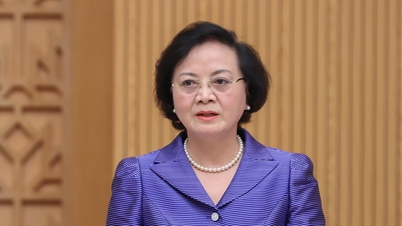

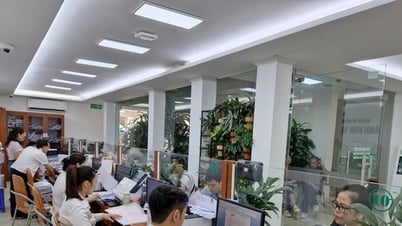
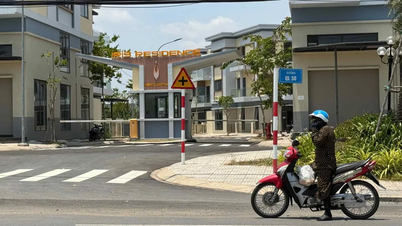

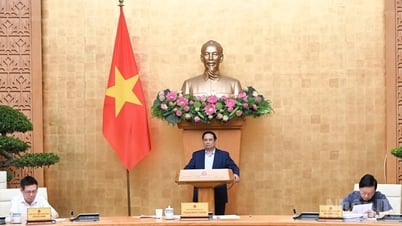
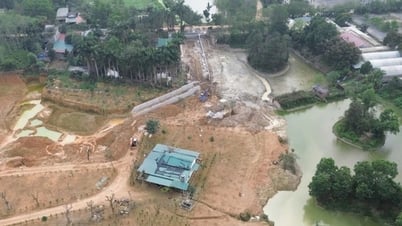
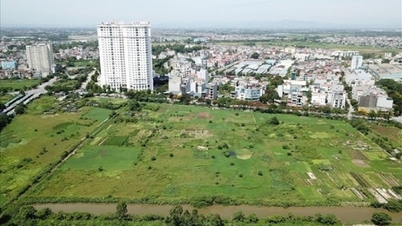



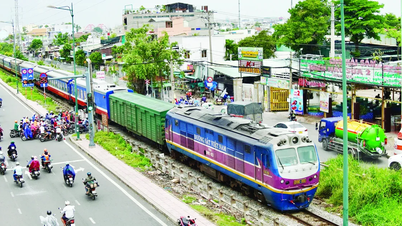


















![[Photo] General Secretary To Lam attends the 55th anniversary of the first television program broadcast](https://vphoto.vietnam.vn/thumb/1200x675/vietnam/resource/IMAGE/2025/9/7/8b8bd4844b84459db41f6192ceb6dfdd)




















![[Highlight] VIMC's mark at the National Achievement Exhibition](https://vphoto.vietnam.vn/thumb/402x226/vietnam/resource/IMAGE/2025/9/7/932133a54d8b4becad48ef4f082f3eea)





![[COMING UP] Workshop: Resolving concerns for Business Households about eliminating lump-sum tax](https://vphoto.vietnam.vn/thumb/402x226/vietnam/resource/IMAGE/2025/9/7/5627bb2d0c3349f2bf26accd8ca6dbc2)


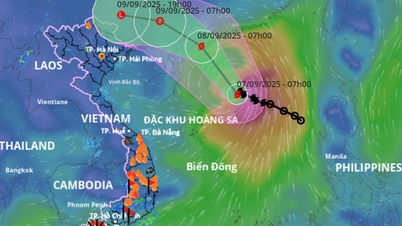




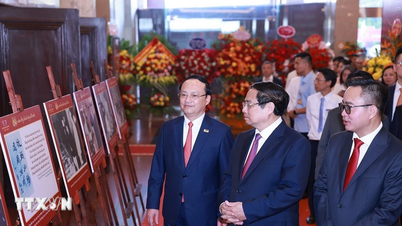



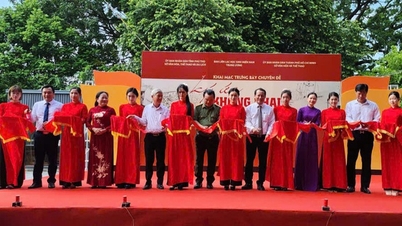


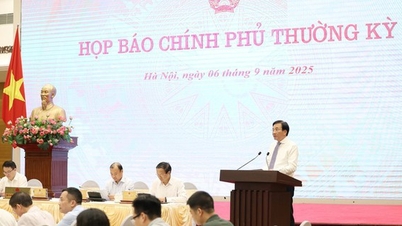











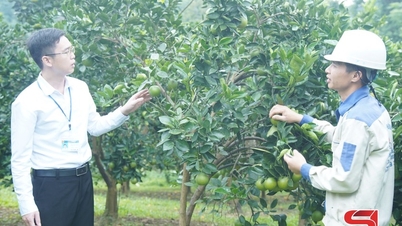











Comment (0)